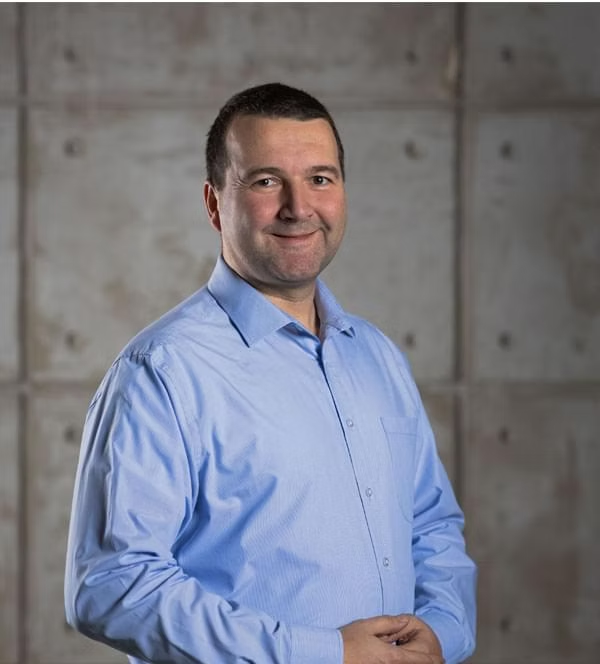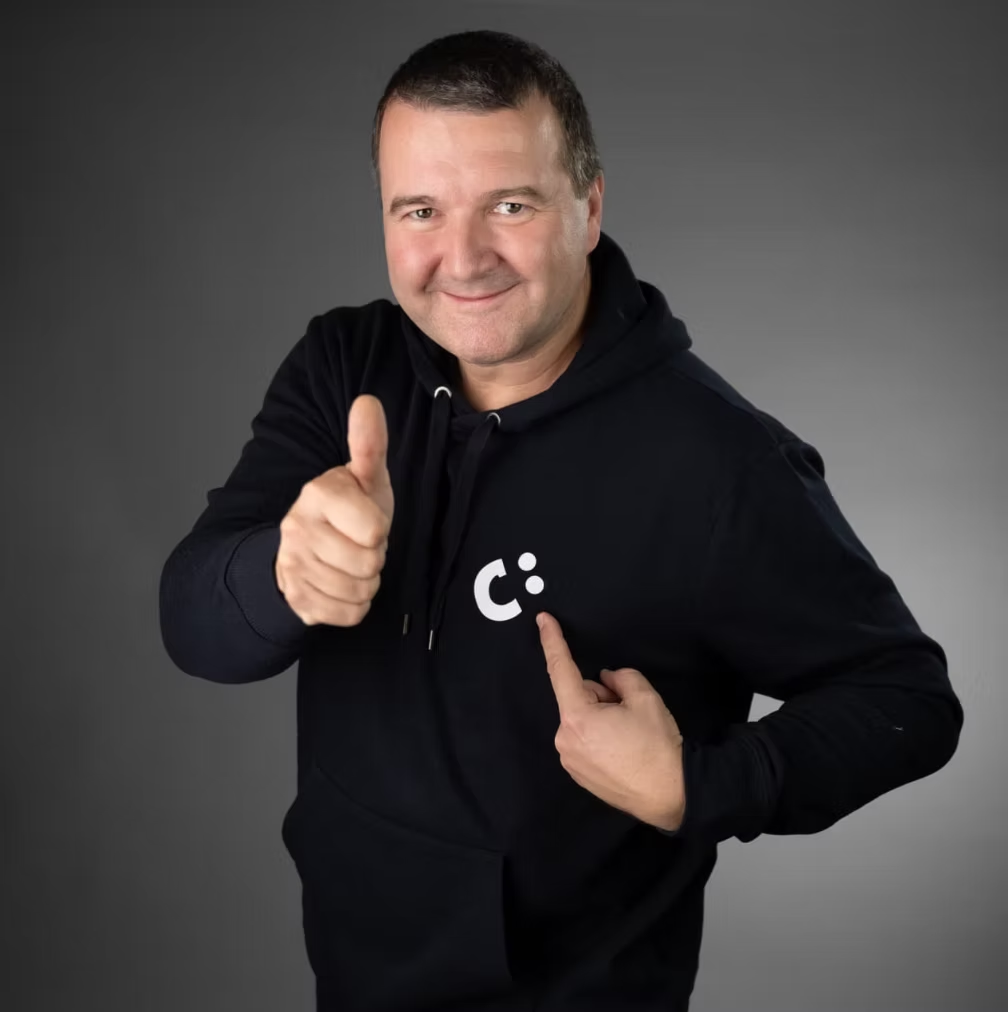Coach, Coach, Consultant
Ondřej Štos


Něco pracovního
I have years of experience in business, HR and people management. Thanks to this, I understand not only models and methods, but also how things actually happen in practice -- under pressure, in uncertainty, in an environment of change. What I pass on, I have taken away. This allows me to bring to the participants not only theoretical concepts, but also concrete tools and approaches that work in everyday reality. I'm interested in what people actually experience -- and I try to create an environment for them where they can grow without the pressure of perfection. For over 15 years I have been engaged in training, coaching and consulting in the fields of leadership, people management, team collaboration and personal development. I believe that real change begins within — with the ability to reflect on oneself, to be ready for change, and to learn not only from successes, but also from challenging situations. I stay with my feet on the ground, but I'm constantly learning. I try to be a guide, not an expert who knows all the answers. And when people take away more peace of mind, confidence and a desire to make a difference from training, it makes sense to me.
Něco osobního
I play on shift. I'm not playing on impression. Even in a world of change, I believe that good questions, common sense and quality relationships always go further than glossy presentations. I am compatible with our values — human, craft and future. I believe in the humanity, honesty of the craft and a passion for work that changes the future we can look forward to without fear.
1) Jak bys popsala svou práci jednou větou?
I help people find confidence in themselves and skills that allow them to lead others with respect and responsibility, a style that does not come from ego but from relationship and awareness of consequences.
2) Co tě v životě ovlivnilo a jak se to projevuje ve tvé práci?
Certainly situations where things didn't go as planned - like when I faced rejection in the store, or when as a manager I had to bear the consequences of a bad decision. It taught me that strength is not in infallibility, but in how mistakes are dealt with. Therefore, in my work, I try to give people the space to be “not done” - and at the same time grow.
3) Proč pracuješ právě pro humancraft?
Because it's not about “untraining.” It's about real impact. I like that we look for meaning in the details as well, and that clients are not just “participants” but partners for a common journey. And that even we inside the company believe what we teach outside.
4) Co byla doposud tvá největší výzva v humancraftu?
Come up with themes and an approach that really resonates. Sometimes it's not enough to be experienced - you have to be able to convey things so that people want to touch them. So the biggest challenge was not a specific project, but an enduring ability to be relevant, understandable and human in a changing world.
5) Jaký vliv má tvá práce na tvůj osobní rozvoj a profesní cesty?
It's huge. Every client, every training or coaching interview is also a mirror for me. I'm learning to listen, to think again about things I took for granted. And most importantly: work constantly forces me to be consistent — I don't want to claim something I don't believe myself or do myself.
6) Jaké jsou podle tebe největší výzvy, kterým dnes korpotátní vzdělávání čelí a jak se humancraft snaží tyto výzvy řešit?
Clearly an overpressure - of information, formats and expectations. Companies want results quickly, after 6 hours of training, but real development takes time, space and willingness to change established patterns. The challenge is to maintain a balance between what is “effective” and what is truly transformational. Another challenge is the intrinsic motivation of the participants - it is not enough for someone to order them a workshop, they have to believe that it will help them.


